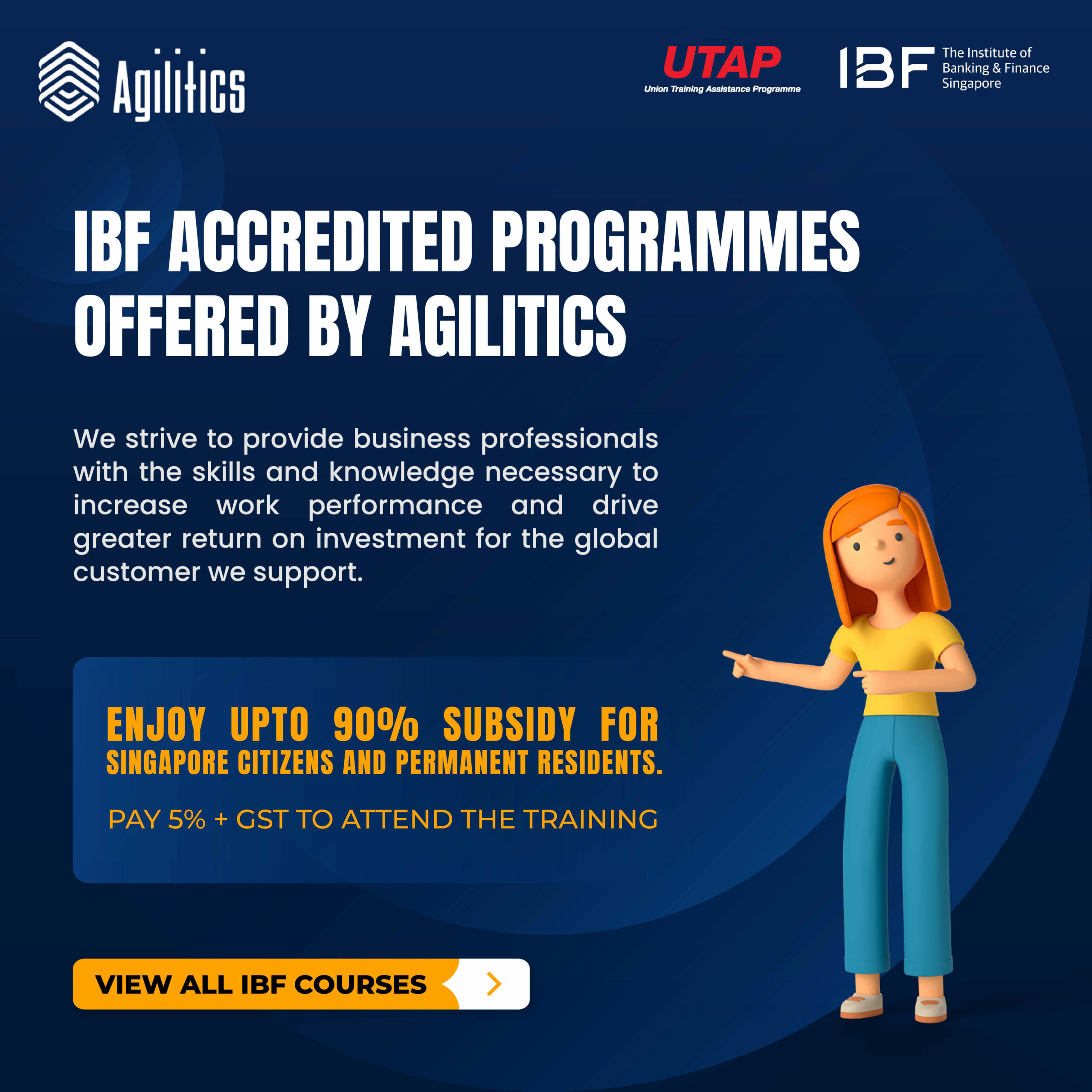One of the most useful methodologies in recent times about Informational Technology is Agile. A critical method that seems to be the new norm, Agile, has been taken up by a host of enterprises for use. These organizations demand IT officers who know the necessary to spearhead this innovative and highly useful technology nowadays is hardly surprising, but what does this imply for the newbie? How does one novice looking forward to entering the industry use this Agile methodology and get acquainted with its norms as soon as possible?. We have made Agile certification for project managers jpb easier by listing together with the best certifications of 2021 in a group.
Thankfully, it is not as difficult as it seems. Accessing the Agile training is as simple as obtaining one of several Agile certifications, whether one is looking towards expanding knowledge in the software development field or whether one wants to rise to the top for managerial skills. Some of the questions you may need to ask yourself are the following, though this list is hardly exhaustive:
- Whom does each certification best suit now?
- How can one even earn such a certification?
- What are the popular Agile methodologies everyone seems to be talking about?
Knowing the correct Agile certification for project managers is important because an aspirant needs to be sure about the method they are looking forward to obtaining their training in. Of course, a huge number of certifications are available, as we have documented below:
- Scrum
- XP or Extreme Programming
- Kanban
- Lean-Agile
- APM or Agile Project Management
- Dynamics Systems Development or DSD
- Crystal
Do not get us wrong, and all the methodologies mentioned above require strong individuals and leaders in charge of well-grouped teams, which understand responsibilities and roles within this Agile framework. Finally, let us move on to our roundup of the Agile certifications.
PMI-ACP or the PMI Agile Certified Practitioner
The Project Management Institute or the PMI costs about four hundred and thirty-five dollars for members and four hundred and ninety-five for non-members. This has proved its due worth over the past few years and will be highly demanded in 2020. A certification that can formally recognize a developer’s Agile knowledge, this certification pertains to popular methodologies such as Kanban or Lean.
Any person or a professional who works on a team following the Agile methodology currently would be benefitted from a PMI-ACP. As such, candidates require a secondary degree as well as twenty-one hours of training in Agile methodologies. Furthermore, candidates need two thousand hours of experience, generally speaking, on a project managerial team and one thousand and five hundred hours of experience with the methodology on a team.
PMI provides other certifications as well, including:
- PMP or the Project Management Professional
- PgMP or the Program Management Professional
- PfMP or the Portfolio Management Professional
- CAPM or a Certified Associate in Project Management
- PMI-PBA or PMI Professional in Business Analysis
- PMI-ACP or PMI Agile Certified Practitioner
- PMI-RMP or a PMI Risk Management Professional
- PMI-SP or a PMI Scheduling Professional
- APGM International Agile Project Management
APGM International Agile Project Management
The cost of this certification goes from anywhere between two hundred and ninety to four hundred and fifty dollars. It validates the employee’s ability to understand Agile methodologies in project management and embody them in real life. Fast and greatly successful delivery of projects is ensured by this method, as well as a greater degree of success delivery with projects, low cost, good communication, and adherence to workplace Agile principles. As such, the APM group pertains to several up and coming industries beyond business, to emerge into risk management, cyber-security, aerospace, project management, and IT.
Agile PM certification… Who needs it? This might be the question on everyone’s minds, and to answer that, we have to delve into the two levels of certification. The first level caters to practicing project managers with less than unlimited Agile knowledge. Still, the second level can even serve teams with managers looking forward to becoming project managers. This is intended as the next step for whoever has achieved certification at the level of Foundation.
Scrum Alliance Certified Product Owner (CSPO)
The Scrum Alliance accredits this certification, which costs around one thousand and three hundred dollars. The Product Owner or PO serves as the visionary stakeholder on almost every Scrum team. This, often, is the individual who has the first brainstormed idea and then intends to deliver it to an audience which the PO chooses. At the same time, this certification should not be dismissed as it serves a nuanced role that varies from one organization to the next. A Certified Scrum Product Owner can understand the five necessary pillars of ownership, which can demonstrate adequate knowledge. As such, these pillars include:
- Knowing the Product Owner’s Role and Understanding it in its Entirety
- Knowing about the Purpose and having a great Strategy
- Knowing how to bridge the gap to reach Customers
- Testing the Assumptions of Products
- Working to overcome Product Backlog
CSPO certification needs to benefit professionals who know Scrum, but for whoever does not, several resources work through, temporarily, before applying for the final certification. After completing a sixteen-hour class, certification can be earned, and its perks include a bi-annual membership to the Scrum Alliance. This alliance was founded to help CSPOs to become familiar with Scrum. Of course, Scrum offers several other kinds of certifications like:
- CSM or the Certified ScrumMaster
- A-CSM or the Advanced Certified ScrumMaster
- CSPO or the Certified Scrum Product Owner
- A-CSPO or the Advanced Certified Scrum Product Owner
- CSD or a Certified Scrum Developer
- CSP or Certified Scrum Professional
- CTC or the Certified Team Coach
- CEC or the Certified Enterprise Coach
- CST or the Certified Scrum Trainer
Scrum Alliance Certified Enterprise Coach (CEC)
Accredited by the Scrum Alliance, the CEC costs about two hundred and fifty dollars while also necessitating about seven hundred and fifty dollars additionally for licensing fees. With a recorded history of working on teams with the Scrum methodology and accompanied by the Scrum principles, the skills and knowledge of the SACEC apply to entrepreneurs and organizations at different levels. Business leaders with an intimate knowledge of Scrum principles and transformation of enterprise need or would benefit from CEC certification. As such, they must be skilled in subject areas like:
- Leadership
- Coaching
- Organizational transformation
- Agile methods which suit enterprise businesses
CECs are tasked with helping organizations become Agile using Scrum principles as a foundation. There’s a long list of prerequisites for those ambitious enough to take this next step in their career.
Of course, if CECs need to take the next step on their career path and help organizations become Agile (via the use of the principles of Scrum as Foundation), they need to follow a long list of qualifications.
Scrum.org Professional Scrum Master (PSM I)
With a cost of about one hundred and fifty dollars, the certification, as mentioned above, has been accredited by Scrum.org. One of the major reasons why the PSM I certification is sought after is because IT professionals can use it to display their knowledge of the principles of Scrum within the role of Scrum Master. Of course, we recommend this certification for individuals who have already enrolled in this process but possess only the basic concepts of Scrum certification.
A unique feature of this certification is that they focus on Scrum methodology and not the other Agile methodologies. Due to this reason, this organization can only offer a lot fewer options than other accrediting bodies, such as the ones mentioned above. Individuals interested in being a Scrum master or Developer can seek accreditation in Professional Scrum Product Owner, Professional Scrum Master, Professional Scrum Developer, and Scaled Professional Scrum.
For example, an individual who can display the foundational facets of Scrum and apply the same to actual, tangible scenarios in the world around us can apply for a PSM I. one does not need courses in advanced testing to gain this certification. However, Scrum does recommend other courses like Professional Scrum Master Course and Professional Scrum Foundations Course. Feel free to certify up, all to the way to Level III through the means of subsequent examinations.
Conclusion: Scrum and Agile, the New Normal for the Hyper-Evolving Society?
With more and more hype being created around the Agile and Scrum methodologies, the future looks great for practitioners of these processes. There is hardly any time like the present to get started on the journey to career success following Agile methodologies. With a plethora of courses and even more areas to apply the learned skills in, it’s time to take a step into the future!
We strive to provide business professionals with the skills and knowledge necessary to increase work performance and drive greater return on investment for the global customers we support. Agilitics delivers customized technology and management training solutions to large corporations and government agencies around the world.


